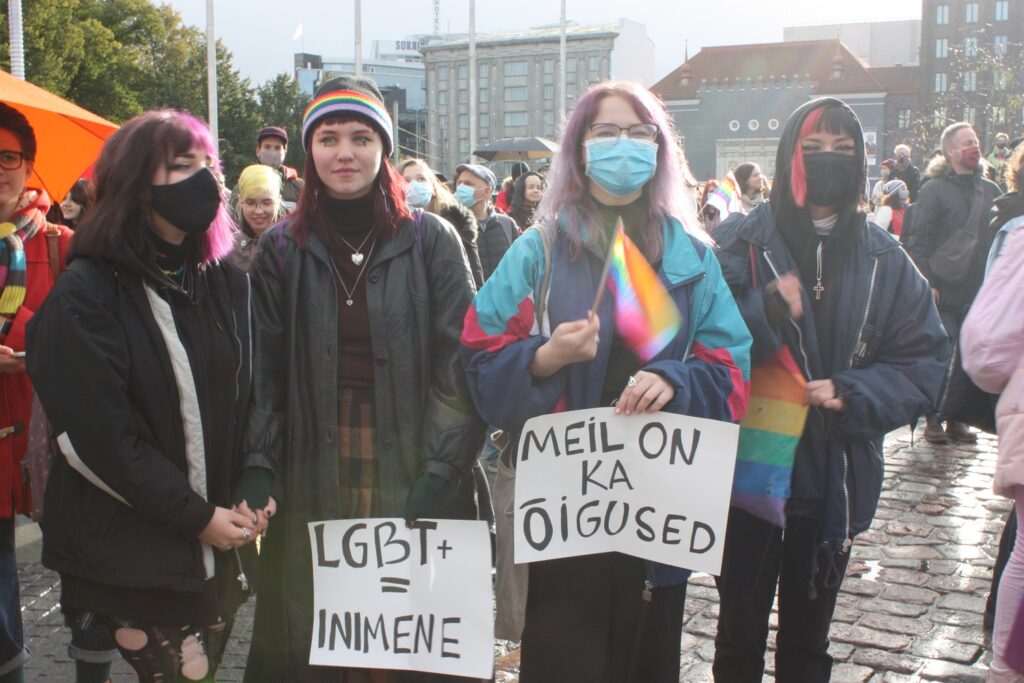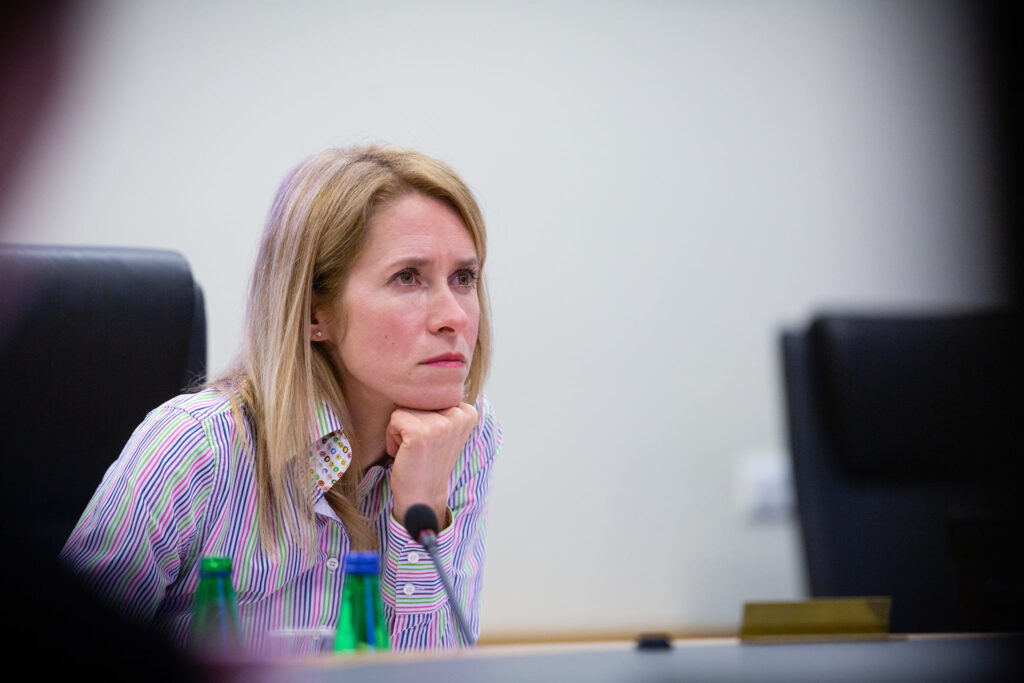Egert Rünne, the executive director of the Estonian Human Rights Centre, writes that gone is the passionate advocacy for human rights that the Reform Party showed in opposition; also, the Reform-led government has moved forward with bills that don’t have all the possible threats to our rights mitigated.
Thirty years after restoring our independence, many questions arise: if and how much have we as a society adopted respecting human dignity, freedom, democracy, equality, the rule of law and human rights, including the rights of minorities.
In the last couple of years, Estonia has gotten into a situation where, on one end, politicians have called human rights in question. On the other end, human rights have been limited to contain a widespread health crisis. Has Estonia reached a point where everyone’s fundamental rights are irreversibly under threat?
Or maybe we have rediscovered the need for human rights protection and existence? If that’s the case, the government should use this time to pay more attention than ever to make sure human rights are being nationally ensured in real life, not just on paper. That society is one in which the government can be trusted even in the most dire of crises and decisions.
New government, new values?
With the governmental change at the beginning of 2021, it seemed as though the imminent threat to human rights had passed: the referendum on the concept of marriage that heavily split the society ended up not happening, and the government stopped the political attacks on non-governmental organisations and journalists.

Yes, the new government is more democratic, which can be seen both from the coalition agreement and the first steps taken by the new government. Especially when it comes to children’s rights: access to psychological care for minors was improved, and the government has proposed to the parliament to raise the age limit for sexual self-determination to 16 years.
But that’s all. The Estonian Human Rights Centre’s new human rights report shows that the important problems which have been around for years still have not been addressed or resolved. There is a deafening silence.
Gone is the passionate advocacy for human rights that the Reform Party showed in opposition by supporting the adoption of the implementing acts of the Cohabitation Act (the law allows gender-neutral civil partnerships, but without the implementing acts the law is stuck in legal limbo – editor) and the criminalisation of hate speech. It feels just like the last time the Reform Party was in power – there were many promises, but the actions were slow to come.
The government needs to make decisions, so the problems that have remained unchanged for ages can be resolved. For example, the Equal Treatment Act is unjust because discrimination based on religion, beliefs, age, disability or sexual orientation is illegal in the workplace but allowed everywhere else. The amendment’s implementation is in the government’s work plan, but it has long been the time for action.
Some families are still less valued by the government than others. Why else have the implementation of legislation regarding the Cohabitation Act not been adopted for seven years? In addition, the government is letting hate be spread. Nothing has been done to prevent hate speech and make our society safer for all.

We are also strongly inconsistent with the case-law of the European Court of Human Rights: firstly, all prisoners are still subjected to a general ban on voting and the retention of telecommunications data is not compliant with European Union law.
Government thinking of barbed wire first
To add on, the government has moved forward with bills that do not have all the possible threats to our rights mitigated or that are just unnecessary. The legal basis was provided for a biometric identification data cross-use system. The most significant danger of this system is the centralised collection and cross-use of data in a way that does not specify what information is contained and how long it is stored for.
The Names Act is also back on the government’s agenda, with some positive changes but still over-regulating and unnecessarily restricting people’s freedom of choice. Also, value-based decisions have not been reversed – Estonia is not among the countries that participate in the resettlement and relocation programmes for people needing international protection.

Yes, the new government has been in office for ten months and possibly it has not had time to address some issues with the COVID-19 pandemic still going on. Still, you can tell a lot about a country’s values during a crisis, when every decision and action matters.
We had the chance to design the value policy of the European Union when Belarus started to influence the EU with people on the border. It’s worth asking why the Estonian government first thought of barbed wire, not saving human lives.
A cohesive society is more successful, even during a crisis
The health crisis of COVID-19 has made more and more populism, conspiracy theories and fake news surface, which have, in turn, amplified the polarisation of society. This can only be stopped by restoring the trust between the state and the citizens.
There is less separation in countries where they have focused on creating equal opportunities, where people respect everyone’s rights and care for their fellow citizens’ well-being. In that case, people understand the need to restrict human rights in the interest of public health. You do not need commands, bans or police involvement to follow those restrictions when different communities consider the country’s recommendations and when decisions are publicly discussed in the parliament, even if it is afterwards, to check the justification and relevance of the decisions.
The last two years have acted as an alert that human rights do not just mean meeting the minimum requirements of international treaties. They are, in essence, important rights to all of us that need to be improved and guaranteed at all times. Restricting those rights needs to be the last and well-justified step no matter the situation.
A society that respects human rights also understands restricting the rights if necessary. People understand the importance of the rights and know that restrictions will be lifted once the crisis has passed.
Read also: Report: Estonia’s human rights situation has deteriorated.
The opinions in this article are those of the author. Cover: The Estonian prime minister and the chairperson of the Reform Party, Kaja Kallas. Her government has not addressed or resolved important human rights issues, Egert Rünne writes. Photo by the Council of the European Union.

